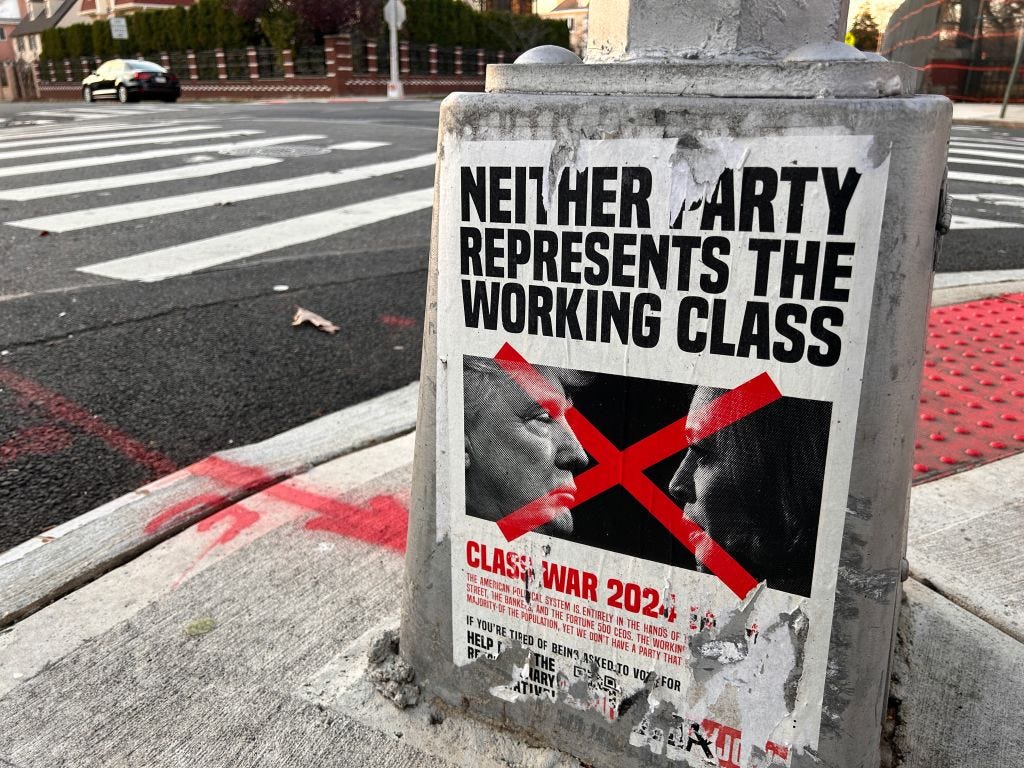The C-word that can save Democrats
Progressive visionary Felicia Wong on how to rebuild a party that can win
Happy New Year’s Eve, Ink community!
What a decade we’ve lived through together this year. I, for one, have felt so fortunate to have this community going through it all. Thank you for your thoughts and stories and comments, your hope in the darkness, and your readership.
As we stand on the cusp a new year, we wanted to bring you something forward-looking…






